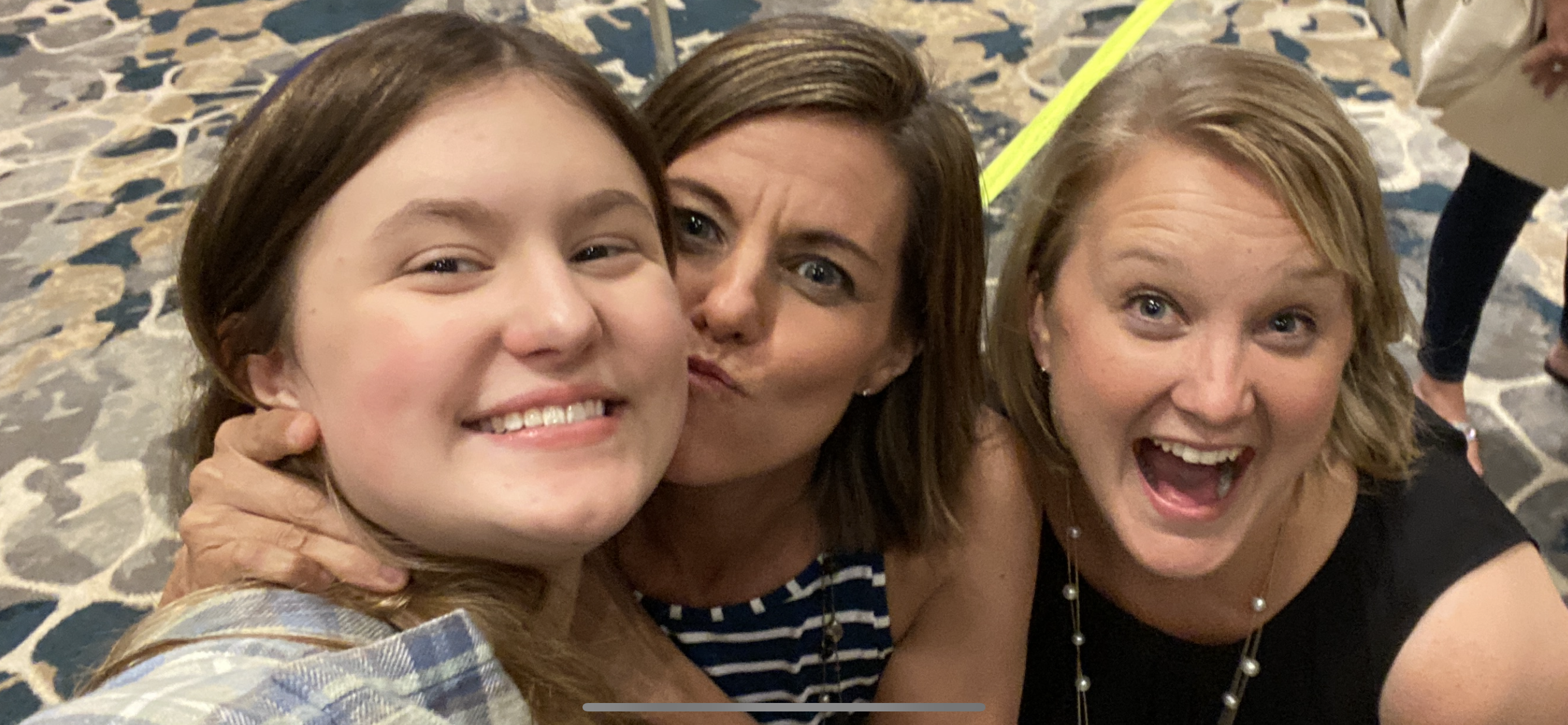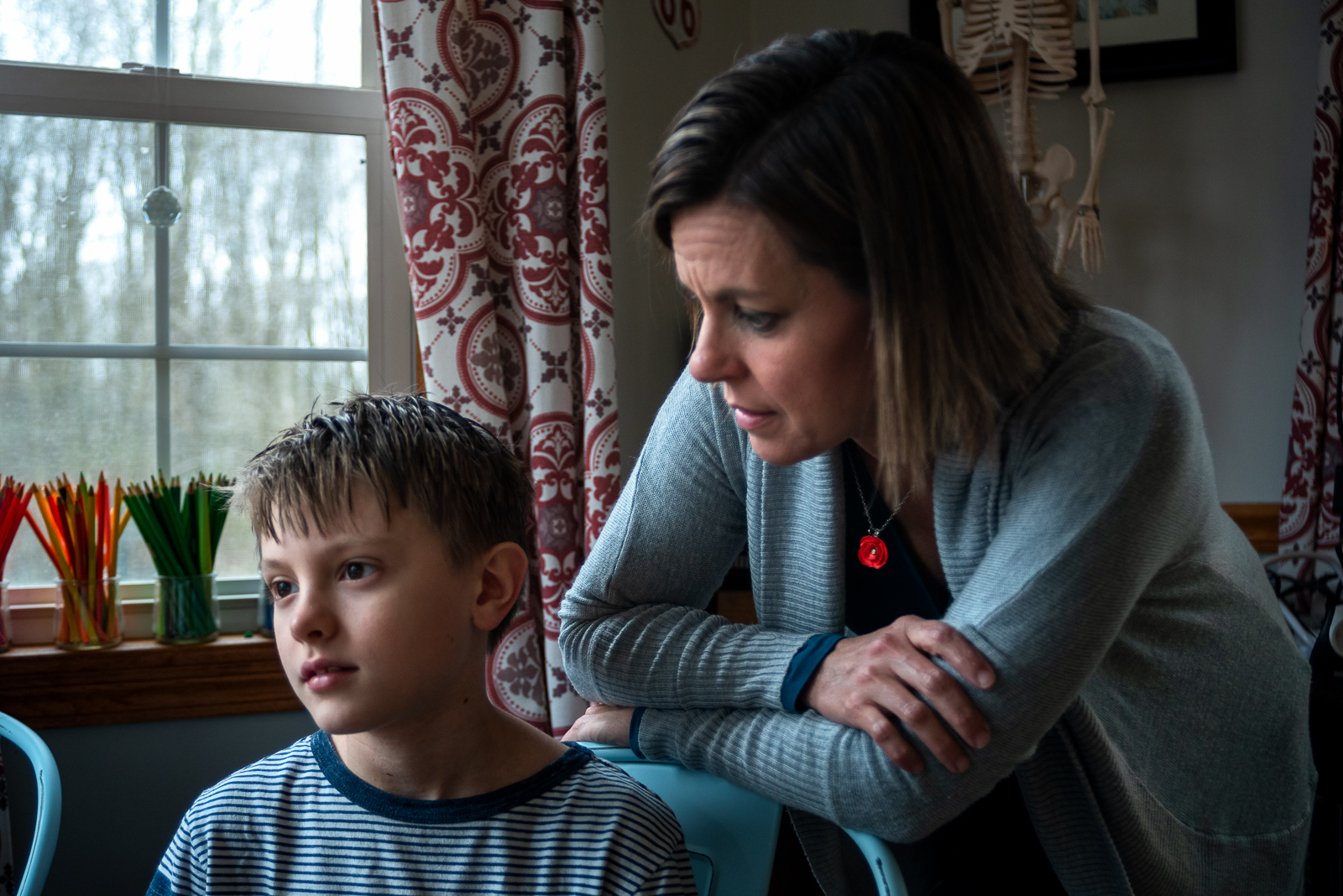Celebrating Your Child’s Neurodiversity
Homeschooling neurodiverse children comes with its share of challenges, and also benefits. If we’re going to help our children to recognize their unique strengths while also supporting their special needs, we’re going to have to embrace their neurodiversity and celebrate it!
Neurodiverse Kids Know They Are Different
Often times it doesn’t take long for our neurodiverse kids to realize that there are ways they are different from neurotypical children. It’s important to involve our kids in conversation about these differences and to help them to understand this is an open topic for discussion.
We might worry that talking with them about how they are different will be upsetting or bring up thoughts that they aren’t ready to process. But more than likely, our kids have already noticed those differences on some level, so talking openly about them both helps to validate their own observations and perceptions of themselves, as well as to give them language and tools for explaining their experience in social interactions and other settings.
Neurodiverse Students and a Growth Mindset
When we see our kids struggling, it can be tempting to focus on their weaknesses – what they need to change, how we want them to do better. While it’s certainly important to provide support for our children’s particular challenges and struggles, it’s essential that we focus on what our children do well and the strengths they display.
Teaching our children about a growth mindset and creating a homeschool environment that take advantage of a strength-based learning model are important. Part of good parenting is helping to support and celebrate our child’s uniqueness so that they can have confidences in their own gifts and strengths.
Building Empathy and Emotional Resilience
Helping our children to develop an awareness of their own emotional and sensory responses to various situations, like sensory overload, or prolonged social interaction can not only equip them to care well for their own needs, but to develop empathy for others who may be having a hard time in a similar setting. Teaching our children to care for their own needs can train them to recognize and care for the needs of children around them.
An appreciation for their beautiful and differently-wired brains will also help our neurodivergent children to develop emotional resilience. Everyone has struggles or experiences emotional dysregulation. But equipping our kids to recognize how their brains and bodies are responding is essential in guiding them in responding to their own needs with compassion, curiosity, and flexibility.
The Raising Lifelong Learners Podcast Episode #191 – Celebrating Your Child’s Neurodiversity
On last week’s podcast, we talked about some of the unique challenges and also unique strengths of homeschooling neurodiverse and twice exceptional kids. This week, we’re looking specifically at why it’s so important that we as parents embrace, lean into and celebrate our children’s neurodiversity and teach them to view it as a gift and not a defect. I’ve got some specific strategies to share, plus a bunch of encouragement about the positive outcomes you can expect when we truly celebrate who are children were made to be!
Links And Resources From Today’s Show:
- SPONSOR: CTC Math
- Can I Help My Child Become More Optimistic?
- Resiliency Resources
- Raising Resilient Sons
- The Gift of Giftedness
- Is Homeschooling Ruining Your Neurodiverse Child?
- Parenting in the Moment with Your Child
- The Best Advice I Can Give You: Become A Student Of Your Child
- Encouraging Empathy In Our Gifted And Twice Exceptional Kids
Leave a Rating or Review
Doing so helps me get the word out about the podcast. iTunes bases their search results on positive ratings, so it really does help — and it’s easy!
-
- Click THIS link to go to the podcast main page.
- Click on View in iTunes under the podcast cover artwork.
- Once your iTunes has launched and you are on the podcast page, click on Ratings and Review under the podcast name. There you can leave either or both! Thanks so much.





